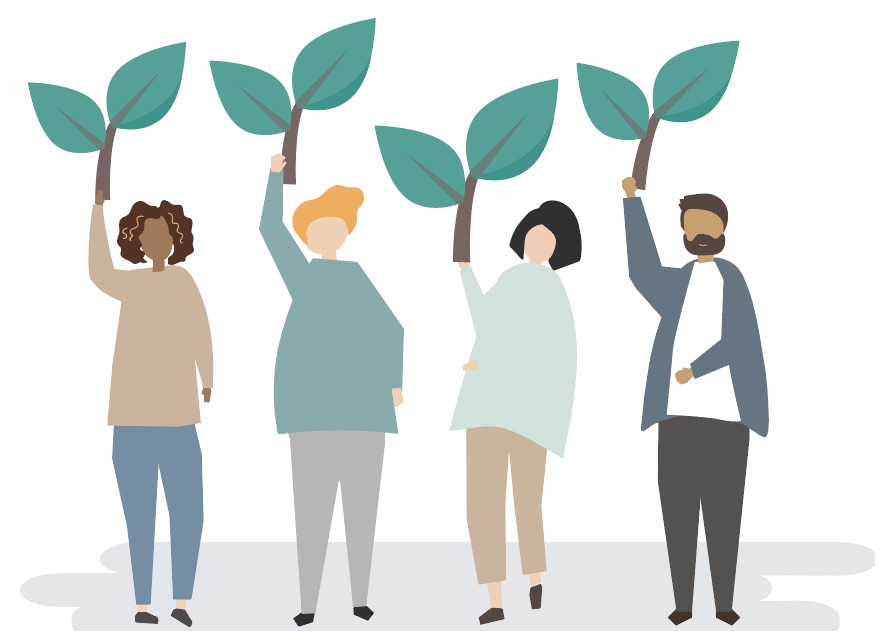An Economy Needs to Serve People and Protect the Environment
Endless Economic Growth Is Not the Answer to the Post-Pandemic Recession

In a frantic effort to restart economic growth and rebalance well-being as the pandemic may be nearing its end, some countries are abandoning or backtracking on environmental protections. China has approved more new coal-fired power plants in 2020 than in previous years. The Trump administration has waived environmental laws to speed up approvals for new mines, highways, and projects to extract fossil fuels.
Other countries, however, are taking a different path as they take on the monumental challenge of rebounding from the pandemic-induced economic meltdown. Some are beginning to shift away from the mindset of endless growth and to think about who economies are for: how to give people meaningful lives and take us off the course of climate destruction. These innovative strategies are being applied by both rich and poor countries, some having chosen unconventional routes years ago.
Get the top stories in your inbox by signing up for our daily newsletter, Indy Today.
Although starting on an alternative path back in 1948 with its radical decision to dismantle its army, Costa Rica has shifted its military budget into health care, education, and affordable housing. This substantial spending on public services has been managed while reducing its environmental footprint. According to the United Nations’ 2020 World Happiness Survey, Costa Rica has the highest levels of happiness with the lowest ecological footprint in the world. Costa Rica has about a fifth the wealth of the United States per capita. Granted the U.S. is a larger and more complex society, with a deeper addiction to GDP growth than almost any other country, but it can still begin shifting more attention to health, education, equality, and the environment.
The Kingdom of Bhutan began prioritizing people’s happiness in the 1970s. It created a “Gross National Happiness” index based on nine core principles: health, education, environment, living standards, government, psychological well-being, work-life balance, community vitality, and cultural diversity.
The ground is beginning to shift even for higher-income countries. Governments are looking for new ways to rebuild and find different approaches to distributing income and resources. New Zealand’s popular prime minister, Jacinda Ardern, has created a well-being budget to build a kinder and more “equitable nation where children thrive, and success is measured not only by the nation’s GDP (Gross Domestic Product) but by better lives lived by its people.” She is raising taxes on top earners while developing creative programs to better social welfare, health, and a green economy.
Kate Raworth, the British economist and author of award-winning Doughnut Economics, is promoting a shift away from the conventional wisdom that GDP is the only metric that counts. She is now working with the city of Amsterdam to implement an affordable housing plan requiring maximum use of recycled materials, curbing sprawl, and decreasing climate impact. Santa Barbara could take note, because it also needs more affordable housing together with stronger measures to address climate change.
Every day, the staff of the Santa Barbara Independent works hard to sort out truth from rumor and keep you informed of what’s happening across the entire Santa Barbara community. Now there’s a way to directly enable these efforts. Support the Independent by making a direct contribution or with a subscription to Indy+.



